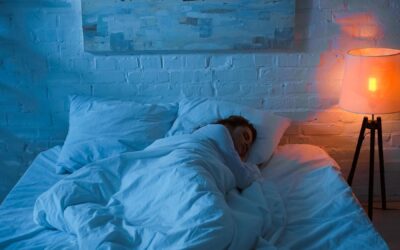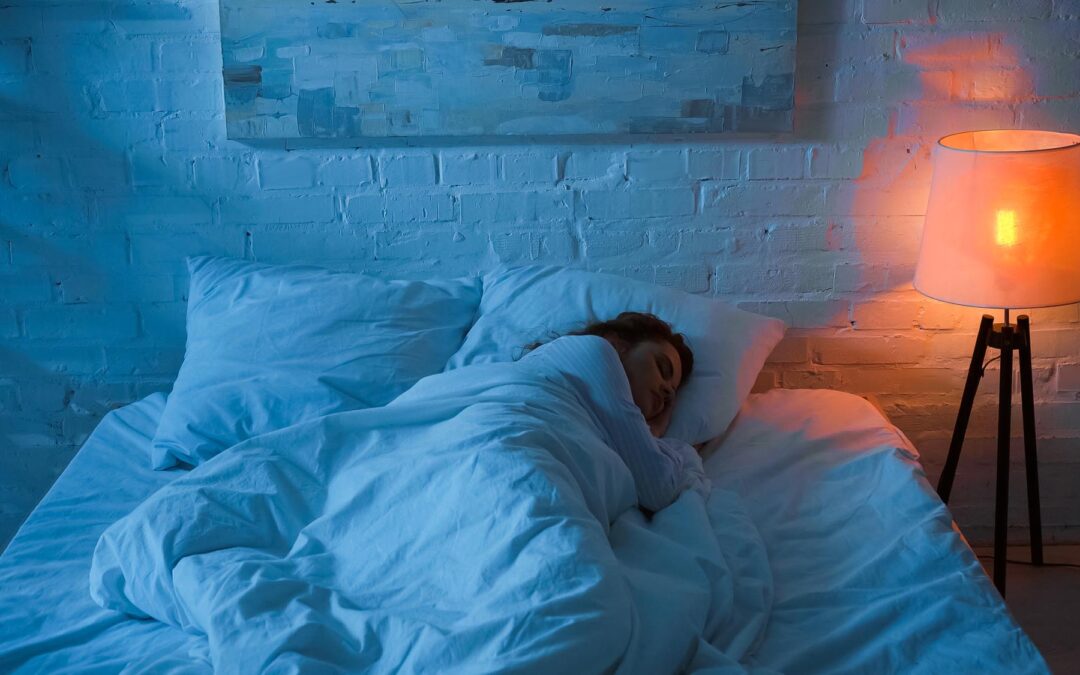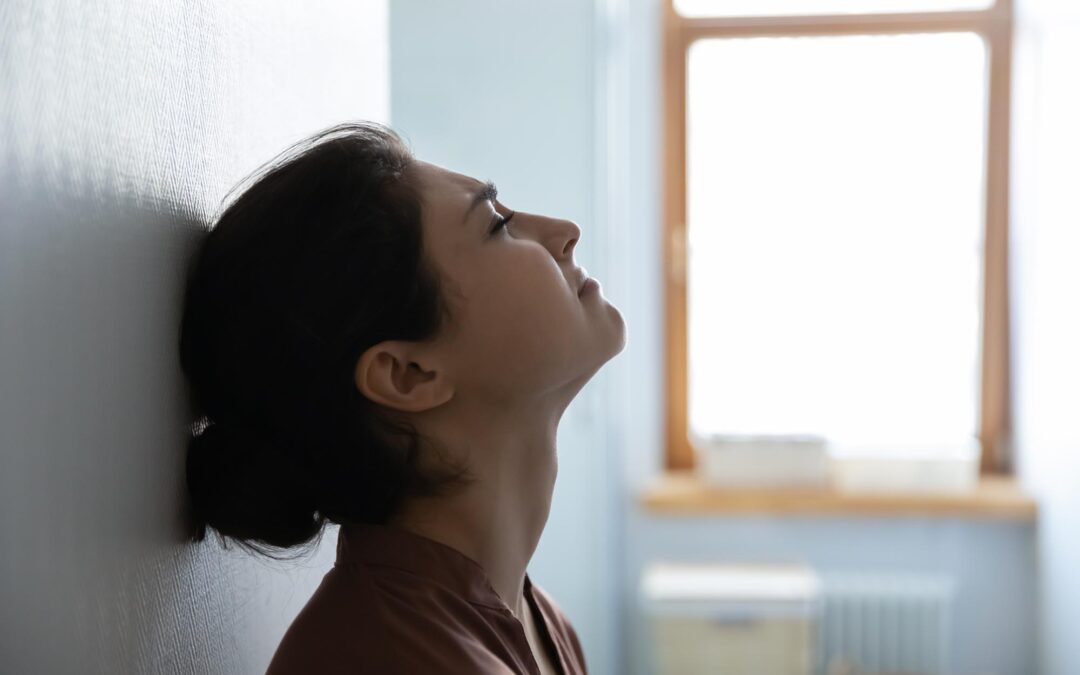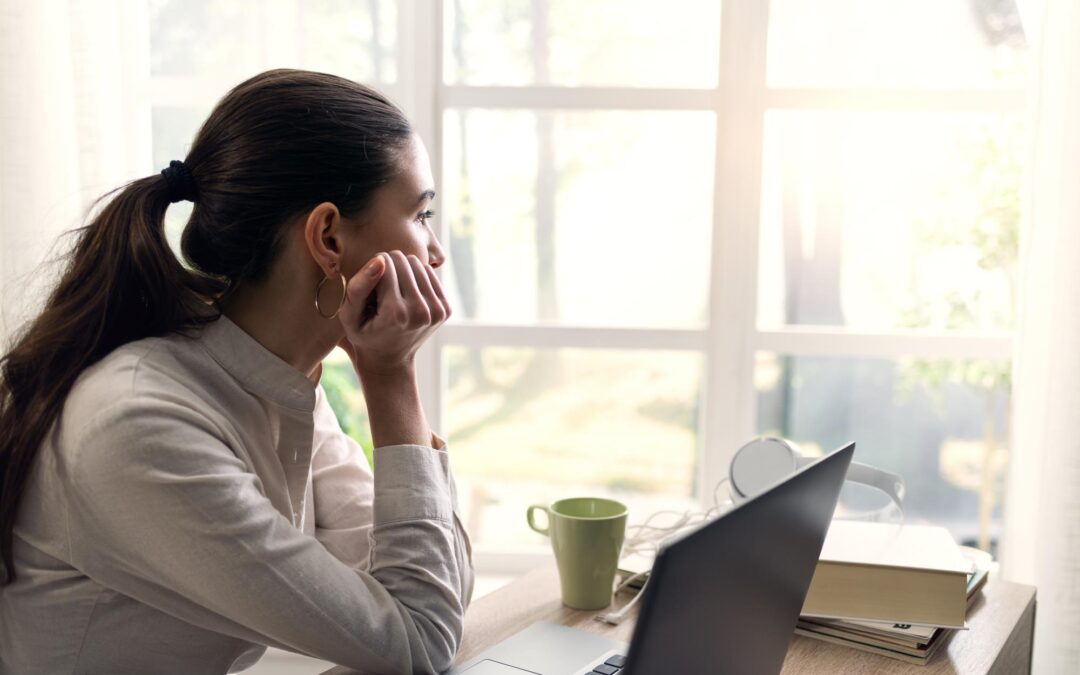The Complex Relationship Between Caffeine and Anxiety
Caffeine consumption and its impact on anxiety levels. Caffeine consumption is deeply ingrained in modern society. From the morning coffee routine to the midday energy drink, caffeine has become a staple for many. Understanding caffeine’s impact on anxiety levels is crucial, given its widespread use. The relationship between caffeine consumption and its impact on anxiety is complex, involving various factors like dosage, individual sensitivity, and existing mental health conditions.
This article will delve into:
- The double-edged nature of caffeine
- Scientific explanations behind caffeine-induced anxiety
- Research linking caffeine to increased anxiety risk
- Effects on specific populations and existing anxiety disorders
- Behavioral consequences of high caffeine intake
- Recommendations for balanced caffeine consumption
Exploring these topics will help you make informed decisions about your caffeine intake and manage anxiety more effectively.
Understanding Caffeine: A Double-Edged Sword
Definition and Common Sources of Caffeine
Caffeine is a natural stimulant found in various foods and beverages. Its primary sources include:
- Coffee: The most popular source, with varying caffeine content depending on the brew.
- Tea: Contains less caffeine than coffee but still significant amounts.
- Energy Drinks: Often high in caffeine, marketed for their quick energy boost.
- Soft Drinks: Many sodas contain caffeine, though in smaller quantities.
- Chocolate: Contains small amounts of caffeine due to cocoa content.
Prevalence of Caffeine Consumption in Healthy Populations
Caffeine consumption is widespread among healthy populations. According to recent surveys, about 90% of adults in the United States consume caffeine daily. This ubiquitous presence makes it essential to understand its effects on health and well-being.
Recommended Daily Intake Guidelines
Health experts suggest moderate caffeine consumption for most adults. The recommended daily intake generally falls around 400 milligrams, equivalent to roughly four 8-ounce cups of coffee. It’s important to note that individual sensitivity varies, so some people may need to adjust their intake accordingly.
Understanding these aspects helps set the stage for exploring how caffeine impacts anxiety levels and mental health.
Caffeine and Anxiety: The Science Explained
How Caffeine Works in the Brain
Caffeine, a widely consumed psychostimulant, exerts its effects primarily by blocking adenosine receptors in the brain. Adenosine is a neurotransmitter that promotes relaxation and sleepiness. By inhibiting these receptors, caffeine prevents adenosine from binding, leading to increased neuronal firing and the release of other neurotransmitters such as dopamine and norepinephrine.
The Role of Adenosine Receptors in Anxiety Responses
Adenosine receptors play a crucial role in modulating anxiety responses. When these receptors are blocked by caffeine, it can result in heightened alertness and arousal. However, this increased activity can also lead to feelings of anxiety and jitteriness, especially in individuals sensitive to caffeine’s effects.
How Caffeine Stimulates the Central Nervous System
As a central nervous system stimulant, caffeine enhances cognitive function and physical performance by stimulating the brain and nervous system. This stimulation is beneficial for tasks requiring sustained attention but can be counterproductive for individuals prone to anxiety. The heightened state of arousal induced by caffeine can exacerbate symptoms of anxiety, leading to an increase in heart rate, nervousness, and restlessness.
Understanding these mechanisms helps explain why caffeine can be both a benefit and a drawback, depending on individual sensitivity and consumption levels.
Caffeine Consumption and Anxiety Risk: What Research Says
Overview of Key Studies
Research exploring the link between caffeine intake and anxiety risk reveals significant findings. Meta-analyses and systematic reviews often highlight a positive correlation between high caffeine consumption and elevated anxiety levels. For instance, a comprehensive meta-analysis analyzing multiple studies concluded that individuals with high caffeine intake showed increased anxiety symptoms compared to those with lower consumption.
Randomized controlled trials (RCTs) further support these outcomes. One notable RCT demonstrated that participants consuming high doses of caffeine reported heightened anxiety levels compared to those given a placebo. This evidence collectively underscores the potential risk associated with excessive caffeine consumption.
Impacts on Specific Populations
Adolescents
Children and adolescents are particularly vulnerable to the effects of caffeine. Studies indicate that these age groups exhibit more pronounced anxiety responses following caffeine intake. Given their developing nervous systems, adolescents often experience heightened sensitivity to stimulants, making them more susceptible to anxiety-related side effects.
Gender Differences in Response to Caffeine and Anxiety Levels
Research also sheds light on gender differences in response to caffeine consumption. Women generally report higher anxiety levels following caffeine intake compared to men. Hormonal fluctuations, particularly during menstrual cycles, may contribute to this disparity. Understanding these gender-specific responses is crucial for tailoring recommendations around safe caffeine consumption.
Caffeinism
Caffeinism refers to the toxic effects of excessive caffeine intake, characterized by symptoms such as restlessness, insomnia, and heightened anxiety. Individuals predisposed to anxiety disorders or those consuming large amounts of caffeinated beverages are at greater risk of developing caffeinism. Recognizing these risks can help mitigate potential adverse effects on mental health.
Effects of Caffeine on Existing Anxiety Disorders: A Closer Look at Panic Disorders, Generalized Anxiety Disorder, and Depression
Excessive caffeine intake can significantly worsen symptoms in individuals with anxiety disorders. For those diagnosed with panic disorders, the stimulant effect of caffeine often triggers panic attacks. The heightened state of arousal induced by caffeine can mimic or amplify the physical sensations associated with panic attacks, such as increased heart rate, sweating, and trembling.
In the case of generalized anxiety disorder (GAD), high caffeine consumption contributes to persistent worry and nervousness. Studies indicate that individuals with GAD are more sensitive to caffeine’s effects, which can lead to an escalation in anxiety symptoms.
Key Points:
- Panic Disorders: Caffeine-induced arousal can trigger or worsen panic attacks.
- Generalized Anxiety Disorder: Higher sensitivity to caffeine results in increased anxiety symptoms.
Understanding these dynamics is crucial for managing anxiety levels effectively in those with existing mental health conditions. For those seeking professional help, Advanced Therapy Center in Massachusetts offers comprehensive outpatient treatment and psychiatric day treatment specifically designed for anxiety disorders.
The Behavioral Consequences of High Caffeine Intake: From Energy Drinks to Risk-Taking Behaviors Among Youths
High consumption of caffeinated energy drinks has been linked to various behavioral problems among youth. These beverages often contain significant amounts of caffeine, which can lead to heightened levels of anxiety and impulsivity.
Moreover, excessive caffeine intake can contribute to insufficient sleep in adolescents and young adults, further exacerbating these issues.
Behavioral issues associated with excessive caffeine intake include:
- Increased irritability
- Difficulty concentrating
- Sleep disturbances
Studies have shown that adolescents who consume large quantities of energy drinks are more prone to risk-taking behaviors. This includes actions such as:
- Engaging in dangerous stunts or extreme sports
- Participating in substance abuse
- Exhibiting aggressive behavior
The correlation between caffeine consumption and its impact on anxiety levels becomes evident through these behaviors, highlighting the need for awareness and moderation.
Striking a Balance: Recommendations for Healthy Caffeine Consumption
Guidelines for Safe Consumption
- Adults: Limit caffeine intake to 400 milligrams per day, roughly equivalent to four 8-ounce cups of brewed coffee.
- Vulnerable Populations: Adolescents should cap their daily intake at 100 milligrams. Pregnant women should consult healthcare providers, but general guidelines suggest no more than 200 milligrams per day.
Monitoring Individual Sensitivity
It’s crucial to recognize that sensitivity to caffeine varies. Factors influencing this include:
- Genetics: Some individuals metabolize caffeine slower, leading to prolonged effects on the nervous system.
- Existing Mental Health Conditions: Those with anxiety disorders or depression may experience exacerbated symptoms.
By understanding your own reactions and adjusting your intake accordingly, you can enjoy the benefits of caffeine without compromising your mental well-being.
Final Thoughts on Caffeine Consumption and Mental Health
Balance in caffeine consumption and mental health is crucial for maintaining overall well-being. It’s important to reflect on your own habits regarding caffeine intake, especially if you experience anxiety symptoms. By being mindful of how much caffeine you consume, you can make informed choices that positively impact your mental health.
If you’re struggling with anxiety or other mental health challenges due to caffeine consumption, seeking professional help could be beneficial. There are various therapy options available that can assist in achieving mental well-being.
Consideration for further research on this topic is essential. While current studies provide valuable insights, ongoing research will help deepen our understanding of the complex relationship between caffeine consumption and its impact on anxiety. Additionally, exploring mental health resources in your area may provide further support and guidance.
If you wish to learn more about the mental health treatment options available, don’t hesitate to reach out through our contact page.





